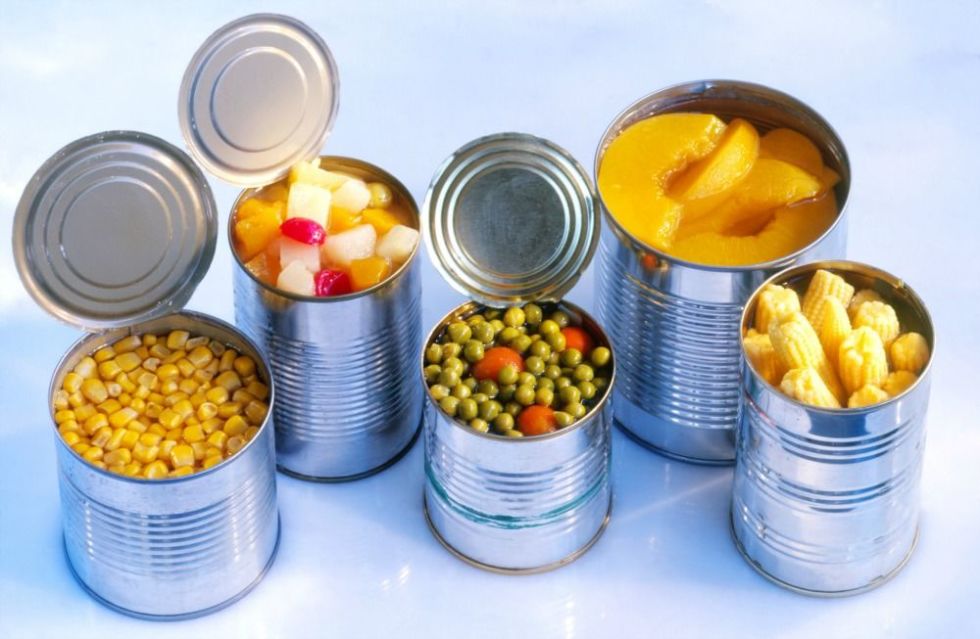The Centers for Disease Control and Prevention reports that 93 percent (or 93 million) Americans have BPA on their bodies.
Canned Food is a staple in our homes and cabinets. It’s a quick way to put dinner or lunch on the table. Canned Goods includes a variety of food products, from soups to meat loaves and corned steak. It is convenient and easy to make canned goods. Did you know there are reported dangers with canned goods to your health? Learn why canned foods are not the best option for your meals.
Pre-packaged foods and processed food are convenient and very popular. When you shop for processed foods and prepackaged meals, look for those that contain whole grains and are low in salt, calories and transfats. Be sure to pay attention to portion size and also balance your processed food with some delicious fresh lettuce.
On the packaging of all canned foods, you will find an expiry date. The majority of canned goods can be stored for up to two-years. The food is vacuum-packed and packed at high temperature to prevent microbes from entering the food. Conditions are created during packaging to eliminate all microbes, and prevent their further growth.
Researchers have found that the thin plastic lining of metal cans contains Bisphenol-A a chemical known to cause gene destruction. Bisphenol-A, also known as BPA is an industrially produced chemical that’s commonly used in polycarbonate. The FDA of the US Government allows bisphenol-A containing products to be used for only one portion per day. It is not recommended for feeding infants, as they are sensitive to BPA.
Environmental Working Group (EWG) test results – BPA is a common contaminant found in canned food brands that are heavily consumed by infants and women.
BPA concentrations in food are measured by parts per billion (ppb), or micrograms per kilogram.
Canned foods must not be stowed/stored in a hold/container/warehouse together with toxic goods (foodstuffs legislation).
When the optimal storage conditions aren’t met for a long time, can contents depreciate, and this may pose a serious health risk. Blowing is a characteristic of reduced quality. It occurs when undesirable changes produce gases (blowing gases) that cause the can’s bottom and lid to swell, and sometimes even burst. Blowing causes a swelling that is different from a simple bulge in that the pressure cannot be released and it will either not return or expand again.
In addition to apparent blowing, such as thermal causation or expansion caused by freezing/heating, blowing can also be due to microbiological or chemical causes. For microbiological blowing the gases that are produced include hydrogen sulfide, carbon dioxide, and hydrogen. In the case of jams and preserved fruits, the hydrogen produced by the reaction between metal and acid can cause chemical blowing.
BPA can only be found in food packaging and processed foods. Avoid processed and packaged food to ensure that your meals are free of bisphenol-A.







